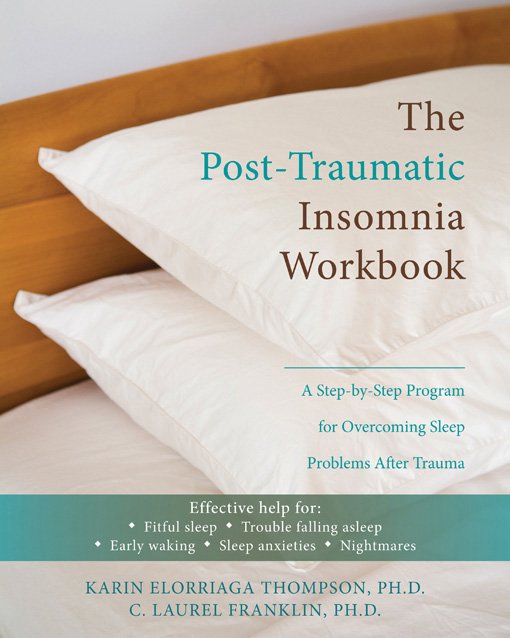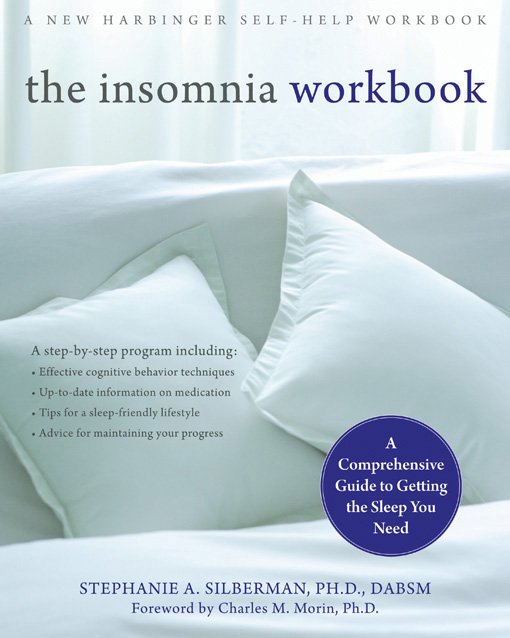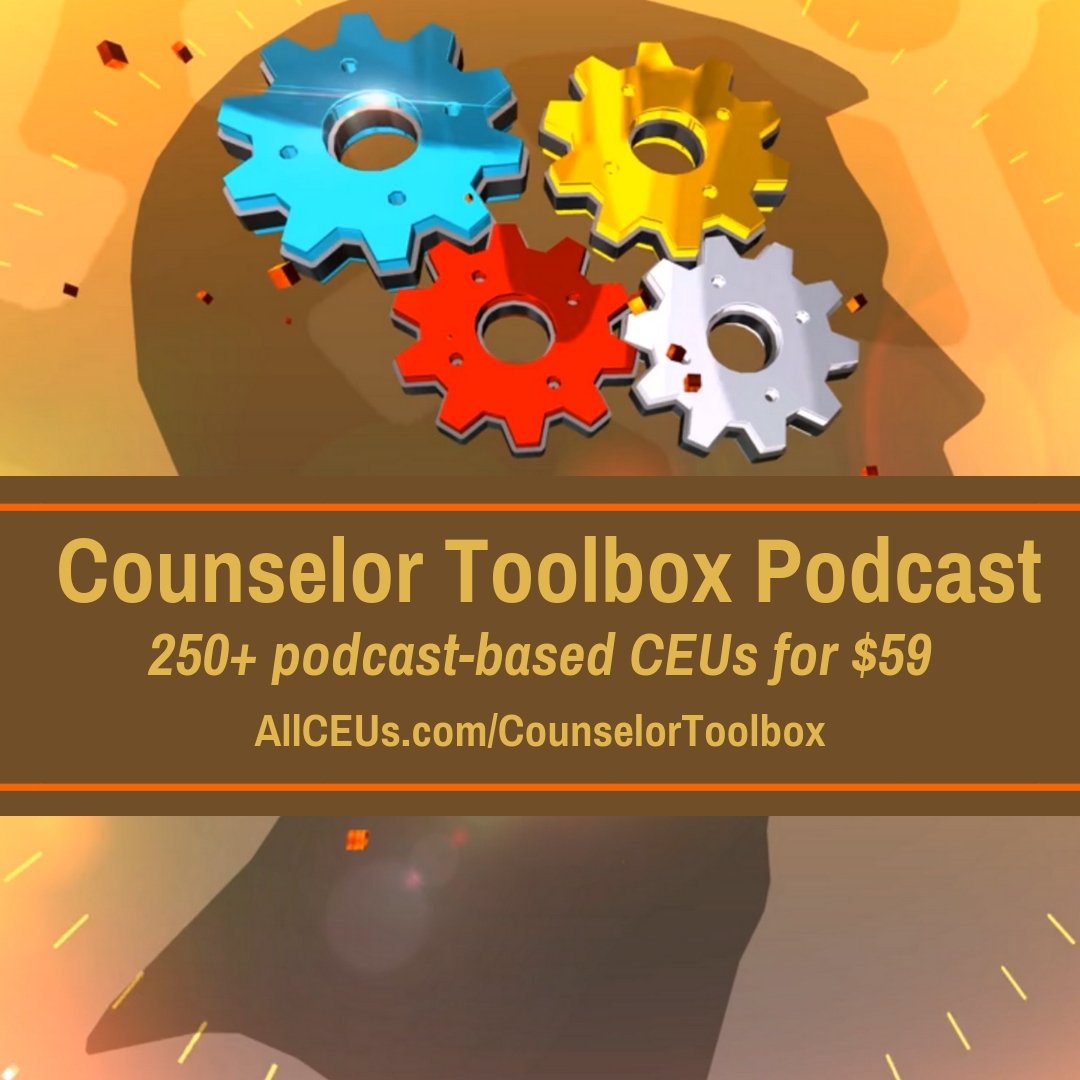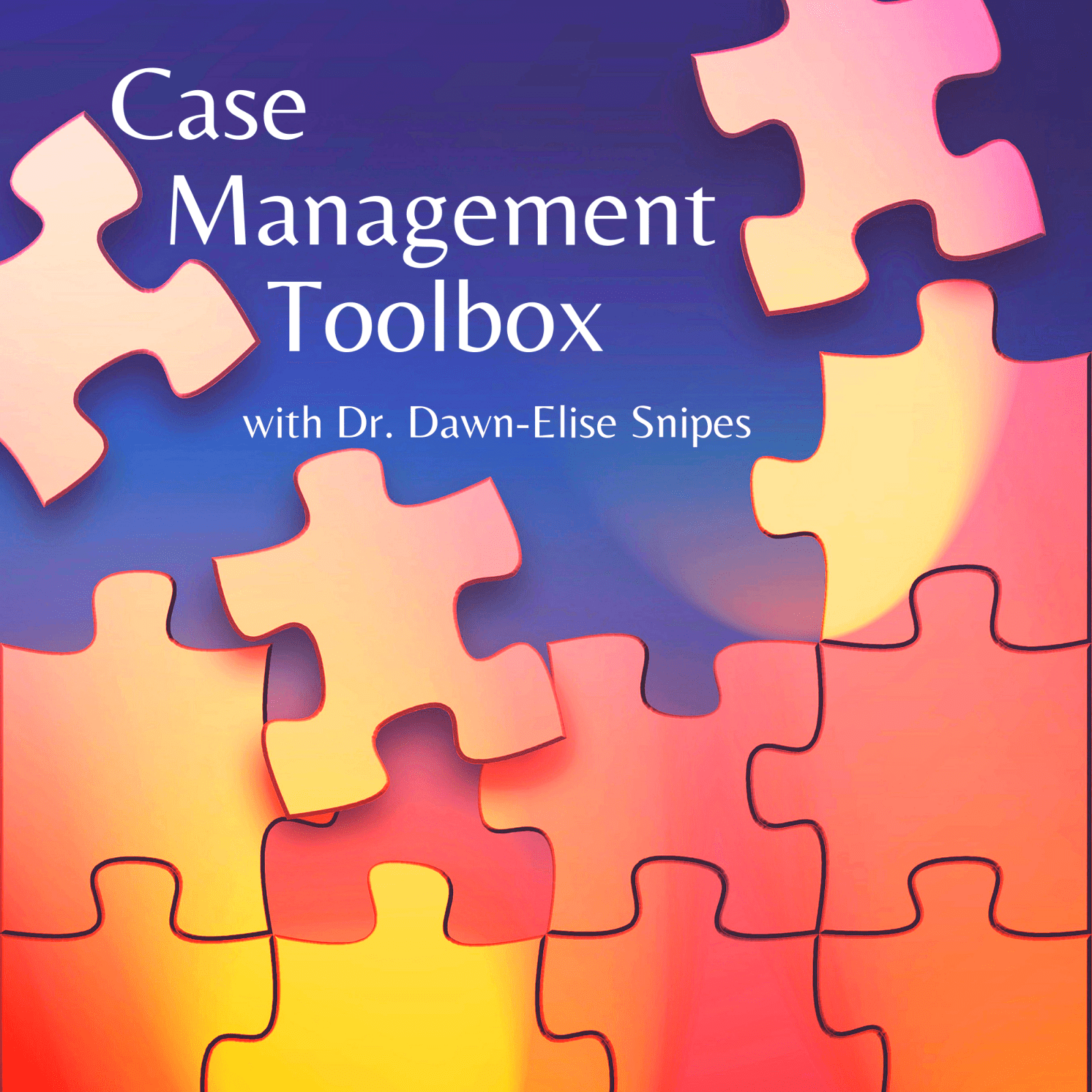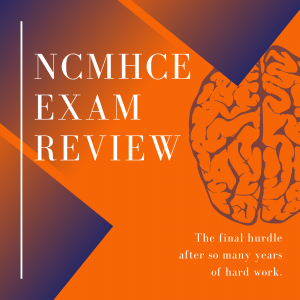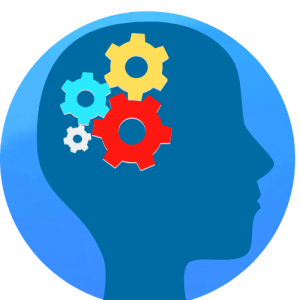
The Importance of Sleep in Maintaining Mental Health
*Note: Links to the articles are provided for your reference. The required reading for the CEU is contained within this page Click HERE to go to the CEU course.
- Impaired sleep is both a risk factor and a symptom of depression. Patients with depression show characteristic sleep-EEG changes [8,9,10] including impaired sleep continuity, disinhibition of REM sleep, changes in non-REM sleep and reduced slow wave sleep. Shortened REM latency is associated with multiple psychiatric disorders including depression, mania, schizophrenia, schizoaffective disorder, obsessive-compulsive disorder, panic disorder, and eating disorders. For people without current depression it is important to be aware of risk factors. Menopause is the major turning point in sleep quality in women. In male subjects, however, sleep quality declines continuously during aging. In patients with depression, age and illness exert a synergistic effect on sleep EEG.
- Insufficient Sleep in Adolescents and Young Adults: Causes and Consequences suggests that evening and nighttime screen use (blue light), social networking (online engagement late into the night preventing relaxation and displacing sleep), caffeine, psychostimulant medications, later sleep timing and catch-up sleep on the weekends all delay the signal for the biological night and the production of melatonin thereby impairing sleep. Aside from limiting electronic devices and stabilizing bedtime routine, altered school start times have demonstrated significant effects on student wellbeing. Students in schools with later start times reported increases in sleep duration and decreased daytime sleepiness, increased motivation and significant declines in self-reported depressed mood, health center visits for fatigue-related complaints, and first-period tardiness. However, in other studies that sleep quality rather than sleep quantity may be the greater health concern for young adults, suggesting that intervention programs targeting depression, stress management, and healthy sleep patterns are warranted.
- Adolescents who spend more than three hours a day on Facebook, Twitter, Snapchat, or other social media are at increased risk for depression, anxiety, or other internalizing problems but not externalizing problems such as aggression or impulsivity. Additionally there is a positive correlation between time spent on social media and sleep disruption.
- Treatment of REM Sleep Disturbances in Depression REM sleep deprivation can improve endogenous depression, measured on Hamiton and Global scales, and the extent of the improvement correlated positively and significantly with REM sleep pressure. Antidepressants which increase the level of 5-HT and NE, or the affinity of their receptors in synapses are found to influence REM sleep strongly. Interestingly, most antidepressants which suppress REM sleep also weaken sleep efficiency leading to increased awakenings and decreased total sleep.
- When patients with Type 2 Diabetes are both sleep deprived and depressed the negative impact on their perceived quality of life is greater than the sum of the two factors. (1+1=3 so to speak). Depression affects the endocrine system through hypothalamic-pituitary-adrenal (HPA) Axis, making blood glucose uncontrollable, and impairing patients’ physical functions which effects the patients’ quality of life.
- College students with depressive symptoms with sleep disturbances experience a more comorbid anxiety symptoms, hyperarousal, and impairments in functioning, compared to students with depressive symptoms without sleep disturbances.
- Self-reported sleep quality, sleep onset latency, sleep disturbances, use of sleep medications, and daytime dysfunction were significant predictors of somatoform syndrome. Stress, anxiety, somatoform syndrome, depression, and overall sleep quality were all correlated with each other.
- Depression, pain, and sleep dysfunction are interrelated in patients with chronic rhinosinusitis (CRS). We also demonstrated significant correlations between sleep quality scores and Patient Health Questionnaire. Serotonin, for example, has long been recognized as a key regulatory neurotransmitter in the sleep/wake cycle. Serotonin is also believed to play a crucial role in the pathobiology of depression, and has been implicated in pain modulation. Some authors have therefore suggested serotonergic signaling dysfunction as the underlying mechanism linking pain, sleep dysfunction, and depression in patients with chronic illness. Inflammation may also contribute to this through the “immune brain pathway.” Pro-inflammatory cytokines are involved in sleep regulation, pain and depression have also been described. These inflammatory cytokines are known to be up regulated in CRS.
- Effects of Antidepressants on Sleep Midnocturnal insomnia is the most frequent residual symptom of depression, so, all antidepressants should normalize sleep. Antidepressants with activating effects (e.g. fluoxetine, venlafaxine) may disrupt sleep, while others with sedative properties (e.g., doxepin, mirtazapine, trazodone) may cause problems due to oversedation. Clinicians should be aware that some antidepressants may worsen or induce primary sleep disorders like restless legs syndrome, sleep bruxism, REM sleep behavior disorder, nightmares, and sleep apnea and monitor patients accordingly.
More information about improving sleep and mental health can be found in this video; however, it is not required viewing for the CEU. Watch Video
Sleep Hygiene
- Create a wind-down ritual
- Identify 3 things will you do each night that will “cue” your body it is bedtime? (Hint: We do this with small children by feeding them about the same time, giving them a bath then reading a story)
- Reduce or eliminate exposure to blue-light 1 hour before bed (TV, Computer, Phone, some light bulbs). You can either turn them off or get a blue light filter for them
- Go to bed at roughly the same time every night
- Eliminate as much light as possible. Even a full moon shining through your window can keep you from getting deep sleep (Sleep mask)
- Eliminate as much noise as possible (Ear plugs)
- Do not exercise or take a hot bath within 2 hours of bed. Your body needs to be cool to sleep.
- Keep the room cool (72 is ideal)
- Consider a cooling pillow and mattress topper.
- Avoid anything that might get you upset (Social media, news, email)
- Reduce or eliminate caffeine at least 6 (preferably 12) hours before bed
- Drink the majority of fluids during the day so you don’t have to get up in the middle of the night.
- Keep an air purifier in the room if you have allergies
- Keep animals off the bed
- Make the bedroom a place of relaxation and sleep
- Keep a red-light and a notepad by your bed to write down anything that pops into your head
- Weighted blankets help some people get to sleep easier
- Keep daytime naps to under 45 minutes to avoid messing up your circadian rhythm.
- Consider diffusing essential oils
- Select the right pillow to minimize neck strain
Click HERE to go to the class to get your CEU.
NewHarbinger.com has excellent resources to address sleep issues. You and your clients can save 25% on your/their entire order using promocode 1168SNIPES at checkout.
Current Podcast Episodes
Click on the image to go to each podcast page. (CEUs are available for each episode)
Upcoming Webinars
Register at AllCEUs.com/Webinar
- 10-1-2019 LIVE Intuitive Eating Basics and Benefits
- 10-3-2019 LIVE Addressing Transition Issues in High School and College Students
- 10-8-2019 LIVE Overview of the PACER Method and Transdiagnostic Assessment
- 10-10-2019 LIVE Animal Assisted Therapy Uses and Benefits
- 10-15-2019 LIVE Mind-Body Connection: How Health, Thoughts, Feelings and Behaviors Interact
- 10-17-2019 LIVE Impact of Social Media on Mental Health
- 10-22-2019 LIVE Pain: Biopsychosocial Impact and Strategies for Prevention and Intervention
- 10-24-2019 LIVE Case Study: Anxiety Assessment and Intervention with the PACER Method
- 10-29-2019 LIVE Chronic Health Conditions: Biopsychosocial Impact and Interventions
- 10-31-2019 LIVE Case Study: Depression Assessment and Intervention with the PACER Method
- 11-05-2019 LIVE Biopsychosocial Impact of Hormone Imbalances and Strategies for Prevention
- 11-07-2019 LIVECase Study: Addiction Assessment and Intervention with the PACER Method
- 11-12-2019 LIVE Biopsychosocial Aspects of HPA-Axis Dysfunction and Strategies for Intervention
- 11-14-2019 LIVE Case Study: Adjustment Disorder Assessment and Intervention with the PACER Method
- 11-19-2019 LIVE Biopsychosocial Impact of Sleep Disturbance and Strategies for Prevention and Intervention
- 11-21-2019 LIVE Case Study: PTSD Assessment and Intervention with the PACER Method
- 11-25-2019 MONDAY LIVE Biopsychosocial Impact of Malnutrition and Strategies for Intervention and Prevention
- 11-26-2019 TUESDAY LIVE Relationship Insecurities: Causes, Consequences and Interventions
- 12-3-2019 LIVE Biopsychosocial Impact of Gut Health
- 12-5-2019 LIVE Post Stroke Psychosocial Issues
- 12-10-2019 LIVE Biopsychosocial Impact of Happiness and Strategies for Enhancement
- 12-12-2019 LIVE Addressing FOMO and Other Millenial Issues
- 12-17-2019 LIVE Biopsychosocial Impact of Anxiety and Strategies for Prevention and Intervention
- 12-19-2019 LIVE Attachment Theory and Adult Relationships*
- 12-23-2019 MONDAY (Christmas Week) LIVE Biopsychosocial Impact of Stress and Strategies for Prevention and Intervention
- 12-27-2019 FRIDAY (Christmas Week) LIVE Goal Setting*
- 12-30-2019 MONDAY (New Years Week) LIVE Anger, irritation and resentment (Clear the AIR)


